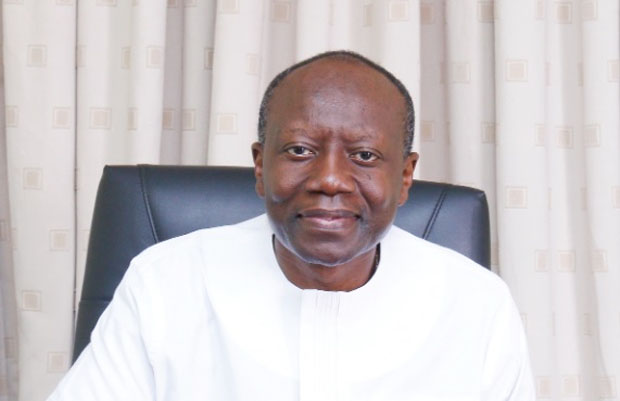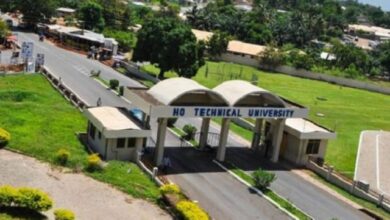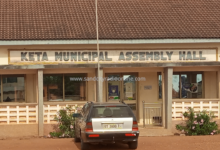
Ghanaian companies will lead construction of ‘Agenda 111’ hospitals – Finance Minister
The Minister of Finance, Ken Ofori-Atta, has stated that his outfit is working to ensure that Ghanaian companies lead the construction of the hospitals marked to be constructed as part of the Agenda 111 project.
According to him, there has been segregation between equipment provision and construction to ensure that this is possible.
“What we also did is to segregate the equipment from the construction to make sure that the construction will be led by Ghanaian companies.”
Speaking at a press conference on Sunday, May 9, 2021, Mr. Ofori-Atta said the Ministry of Finance is working together with the Ghana Infrastructure Investment Fund (GIIF) to help facilitate healthy private and public sector partnerships.
“What we are doing is working with the Ghana Infrastructure Investment Fund (GIIF) to make sure that they participate in the development of these hospitals. I think they have received some 90 land sites from the districts of which 76 have been validated, and we are still maintaining the 15 million per each hospital on average, and they should with all that be able to start.”
“We as a ministry are committed to depositing money with GIIF so that GIIF can be the intermediary for this one. We are looking at GIIF as a way to do more private and public partnerships so that it will be more efficient and market-driven,” he added
The government introduced Agenda 111 in 2020 to see to the construction of 100-bed District Hospitals in 101 Districts with no hospitals, seven Regional Hospitals for the new Regions, including one for the Western Region, the construction of two new psychiatric hospitals for the Middle Belt and Northern Belt, respectively, and the rehabilitation of Effia-Nkwanta Hospital in the Western Region.
What government seeks to achieve with Agenda 111
a) Each of the 16 regional hospitals will be designated as a Centre of Excellence in the different specialities of medicine. For example, orthopaedic surgery, burns, plastic and reconstructive surgery, breast care centre, fertility centre, neonatology and paediatric centre, neurosurgery and spine centre, stroke centre, heart and kidney centre and mental health centre to name a few.
b) Continuously upgrade our medical curriculum, and continue to train our young doctors and health care professionals in a world-class fashion.
c) Incentivize the private sector to increase capacity to support demand in healthcare delivery; and
d) Encourage Ghanaian medical experts in the diaspora to collaborate and join hands with us to help build and contribute to the realisation of this noble vision.
Source: citinewsroom






